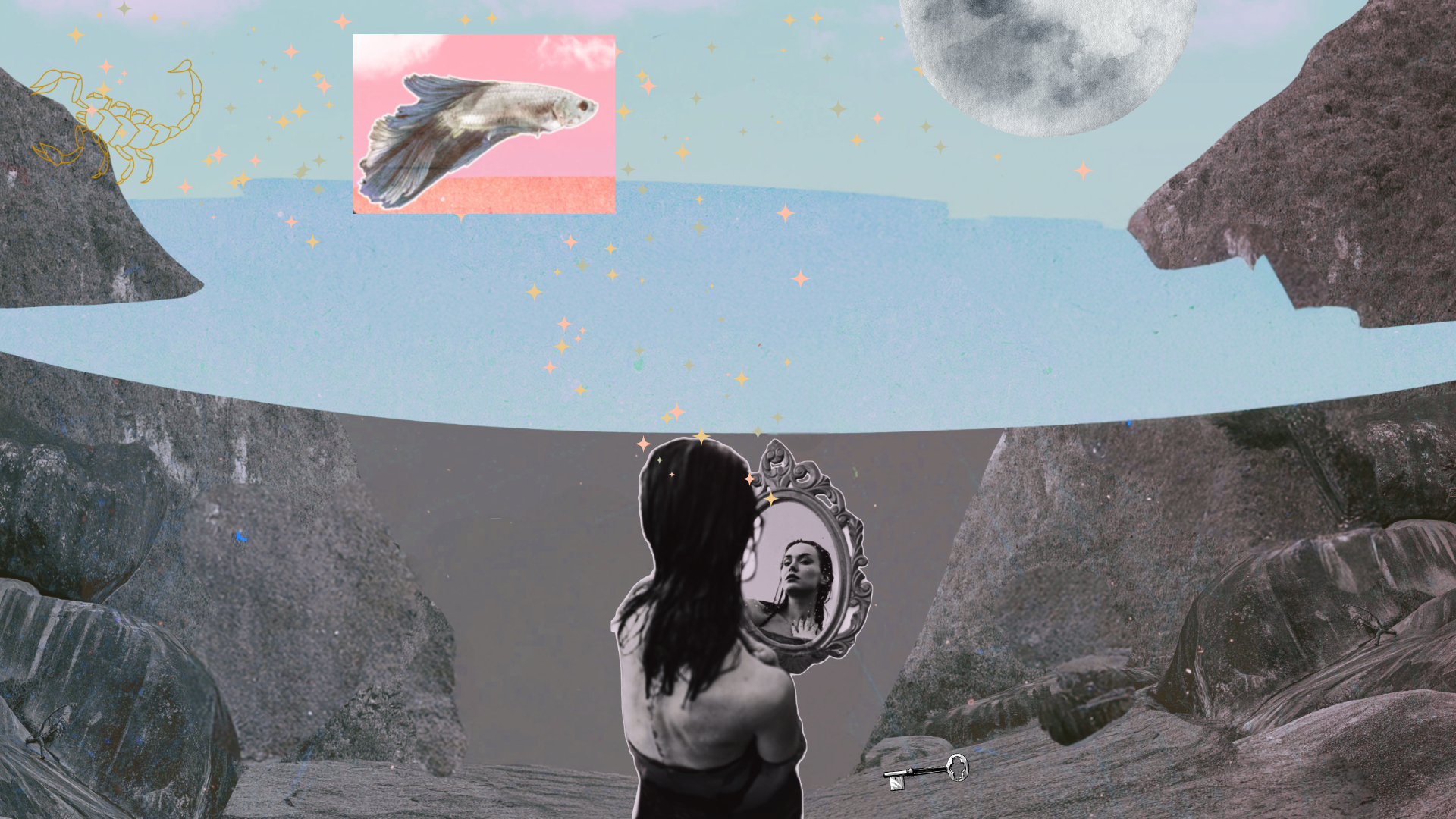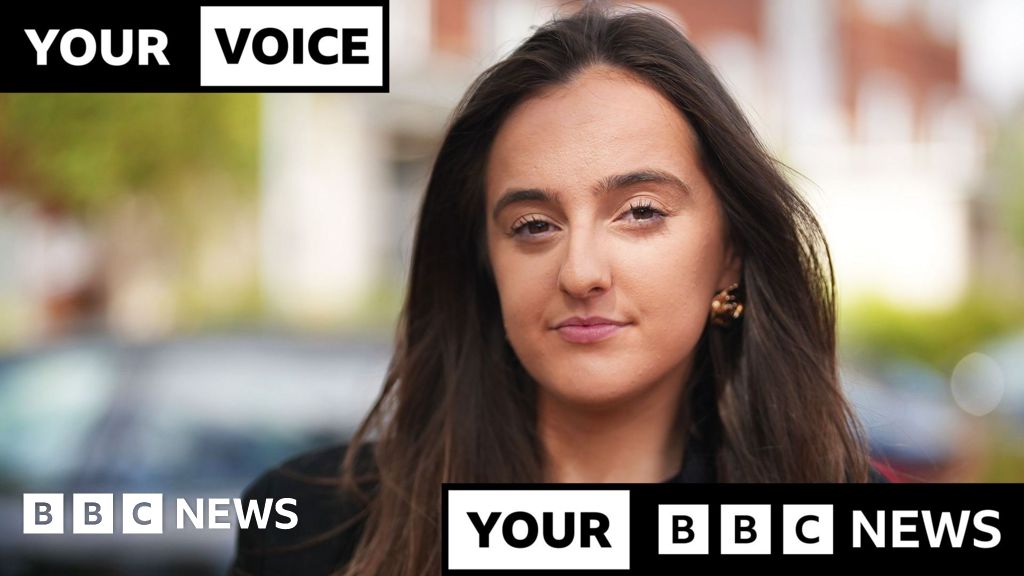“Yes, I did… I have grown up with body dysmorphia and I am very uncomfortable in my own skin,” Karan Johar told at Two Much With Kajol and Twinkle show.

The latest episode of Two Much With Kajol and Twinkle was indeed too much fun with the appearance of OG host Karan Johar, accompanied by Janhvi Kapoor, to spill tea beyond on-screen representations.
In one segment with the host of the show, Karan Johar, who is well-known for producing 90s hits like Kuch Kuch Hota Hai and Kabhi Khushi Kabhie Gham, opens up about body dysmorphia, a mental health condition where a person spends a lot of time worrying about the flaws in their appearance.
Karan Johar Grew Up With Body Dysmorphia
While speaking to Kajol and Twinkle, the ace director said, “If you are not true in an interview, there is no point in giving one.” He continued that he has always been open about his struggle with body image, vulnerabilities, insecurities and mental health issues.
Karan Johar added, “Yes, I did… I have grown up with body dysmorphia and I am very uncomfortable in my own skin.”
The show host, Twinkle Khanna, remarked about the transformation the ace director has undergone over the past years to look his best. To this, Karan Johar responds, “It does not matter what you may be physically. In your head, you are never going to change what’s going on in that space.”
What Is Body Dysmorphia?
Body Dysmorphia, also known as Body Dysmorphic Disorder (BDD), is a mental health condition that millions of people suffer, in today, digital generation by worrying about flaws that are often unnoticeable to others. According to healthcare providers, people of any age, no matter their sex, can have BDD, but this medical condition although most often it is diagnosed in teenagers and young adults.
Describing body dysmorphia, the UK’s National Health Service (NHS) states, “Having BDD does not mean you’re vain or self-obsessed. It can be very upsetting and have a big impact on your life.”
Talking about being uncomfortable in his skin, in a 2024 interview, the ace director once told the media, “I have body dysmorphia, I am very awkward getting into a pool. I don’t know how to do it without feeling pathetic. I’ve tried very hard to overcome it. No matter what success you achieve, no matter who you think you are in your own head, I’m always in oversized clothes. Even if I lose the weight, and I try very hard, I’m always battling with it, but I’m always feeling I’m fat. So I don’t want you to see any part of my body.”
Symptoms Of Body Dysmorphia
The NHS says that if you have any of the following symptoms, it could mean that you have the mental health condition called body dysmorphia:
- Worry a lot about a specific area of your body (particularly your face)
- Spend a lot of time comparing your looks with other people’s
- Look at yourself in mirrors a lot or avoid mirrors altogether
- Go to a lot of effort to conceal flaws for example, by spending a long time combing your hair,
- Applying make-up or choosing clothes
- Pick at your skin to make it “smooth”
Follow TheHealthSite.com for all the latest health news and developments from around the world.
Subscribe to Our Newsletter Today!










Leave a Reply